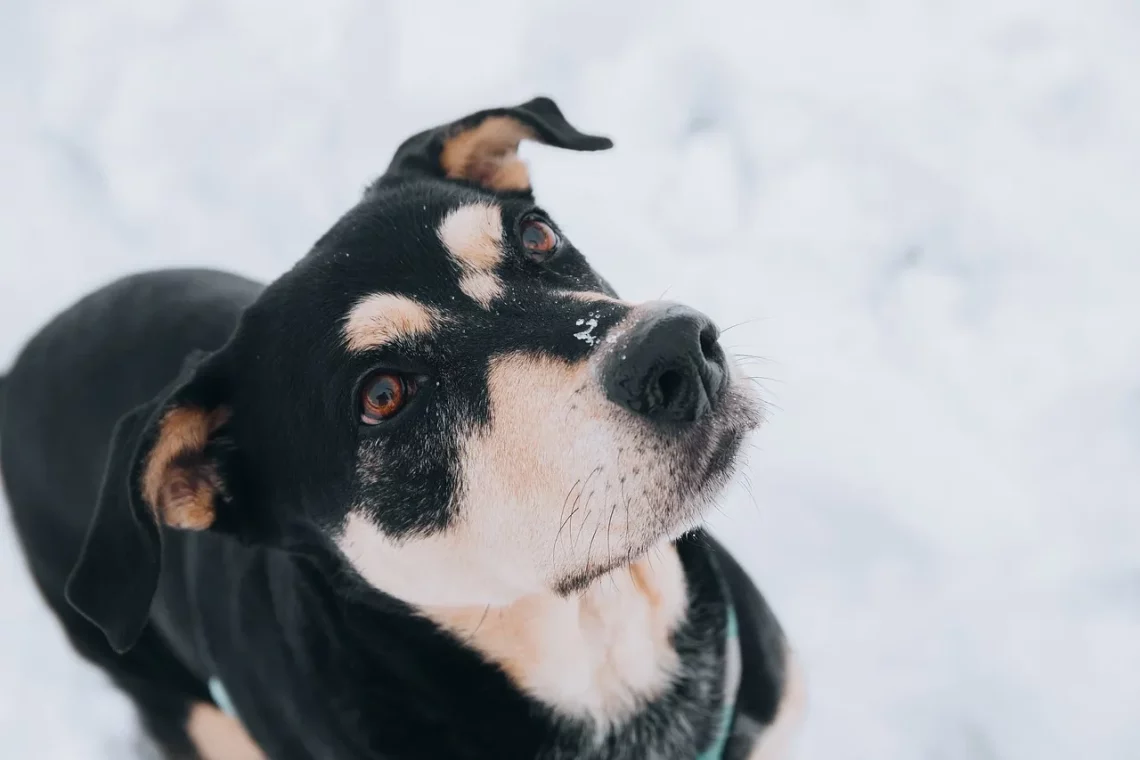
The Ultimate Guide to Choosing the Right Dog Hunt Dog
Choosing the right dog for hunting can be a significant decision, especially for those passionate about outdoor activities and the thrill of the hunt. As hunting continues to be a cherished tradition for many, the choice of a hunting dog plays a crucial role in enhancing the overall experience. These dogs are not just companions; they are partners that can bring a level of skill and enthusiasm to the hunt that is unmatched.
Various breeds have been developed over generations to assist hunters in various capacities, from retrieving game to tracking scents. Each breed comes with its own set of attributes, temperaments, and instincts that can either complement or challenge a hunter’s style. Selecting the right dog necessitates a thoughtful consideration of several factors, including the type of game hunted, the hunting environment, and the hunter’s personal preferences.
Understanding these dynamics can lead to a more fulfilling hunting experience and a stronger bond between the hunter and their canine companion. The right dog can make all the difference, whether it’s a loyal retriever fetching waterfowl or a sharp-nosed pointer tracking upland game. As we delve deeper into this topic, we will explore essential aspects to consider when choosing the perfect hunting dog for your needs.
Understanding Different Hunting Dog Breeds
When it comes to hunting dogs, the variety of breeds is vast, and each has been bred for specific tasks. Understanding the characteristics of different breeds can help you make an informed choice.
Retrievers, for instance, are known for their gentle mouths and affinity for water. Breeds like the Labrador Retriever and the Golden Retriever are prime examples. They excel in waterfowl hunting, efficiently bringing back game without damaging it. These dogs are also friendly and adaptable, making them excellent family pets outside the hunting season.
On the other hand, pointing breeds, such as the German Shorthaired Pointer and the English Pointer, are designed to locate game birds. They use their keen sense of smell and their innate ability to “point,” indicating the presence of birds to their handlers. These dogs are energetic and require ample exercise, making them suited for active hunters who enjoy long days in the field.
Flushers, like the American Cocker Spaniel and the English Springer Spaniel, work differently; they flush birds out of dense cover, making them visible for the hunter. Their tenacity and enthusiasm are unmatched, and they often have a strong desire to please their owners.
Lastly, there are tracking dogs, such as Bloodhounds and Beagles, known for their exceptional scent-tracking abilities. These breeds can follow trails over long distances and through challenging terrains, making them invaluable for hunting scenarios where tracking is essential.
Understanding these distinctions is crucial for selecting a dog that aligns with your hunting style and the specific game you pursue. Each breed brings unique traits to the table, and knowing what to expect can enhance your hunting experience significantly.
Considerations for Hunting Environment
The environment in which you hunt plays a pivotal role in determining the best dog for your needs. Different terrains and climates call for distinct characteristics in a hunting dog.
For instance, if you hunt in wetlands or marshes, a water-loving breed like the Labrador Retriever is a fantastic choice. These dogs have a natural affinity for water, a thick coat that repels moisture, and a strong swimming ability, making them ideal for retrieving birds from water.
In contrast, if your hunting grounds are more mountainous or rugged, a breed with endurance and agility, such as a German Shorthaired Pointer, may be more suitable. These dogs are built for speed and stamina, allowing them to traverse challenging landscapes with ease.
Additionally, consider the climate. In hot environments, breeds with shorter coats and a propensity for cooling off in water are preferable. Conversely, in colder climates, dogs with thicker fur, like the Chesapeake Bay Retriever, are better equipped to handle the chill while remaining active.
The specific type of game also influences this decision. If you regularly hunt upland game birds in thick cover, a dog with strong flushing instincts and the ability to navigate dense underbrush is essential. Breeds like the English Springer Spaniel shine in these scenarios.
Ultimately, aligning your dog’s capabilities with the hunting environment will not only ensure a more successful hunt but will also promote the well-being of your canine companion. A dog that thrives in its environment will be more motivated, focused, and effective during the hunt.
Assessing Temperament and Energy Levels
When selecting a hunting dog, temperament and energy levels are crucial factors that must not be overlooked. Each breed has its own personality traits, and understanding them can help you find a dog that fits well with your lifestyle and hunting needs.
High-energy breeds, such as the Vizsla or the Weimaraner, require significant physical and mental stimulation. They thrive on active engagements, making them excellent companions for hunters who enjoy long hours outdoors. However, if not given enough exercise, these dogs can become bored and display destructive behaviors.
Conversely, some breeds may be more laid-back. While they might still enjoy hunting, they may not have the same relentless drive as their higher-energy counterparts. For example, breeds like the Basset Hound are known for their more relaxed demeanor. Though they are excellent tracking dogs, they may not have the same stamina for long hunts.
Moreover, consider the dog’s temperament in terms of trainability. Some breeds, like the Labrador Retriever, are eager to please and relatively easy to train, making them accessible for novice hunters. Others may be more independent and stubborn, requiring an experienced handler who can assert leadership and provide consistent training.
Socialization is another important aspect of temperament. A well-socialized dog will be more adaptable in various hunting situations and around different people and animals. This is particularly important if you plan on hunting in groups or with other dogs.
In summary, assessing the temperament and energy levels of potential hunting breeds will help you select a dog that complements your hunting style and personal lifestyle, ensuring a harmonious relationship both during hunts and at home.
Training Your Hunting Dog Effectively
Training is a crucial part of preparing your hunting dog for success in the field. Regardless of the breed you choose, effective training can significantly impact your dog’s performance and behavior during hunts.
Start with basic obedience training as a foundation. Commands such as sit, stay, come, and heel are essential for maintaining control in various hunting situations. A hunting dog must respond reliably to commands, especially in the excitement of a hunt.
Once your dog has mastered basic commands, introduce hunting-specific training. This can include retrieving, tracking scents, and flushing or pointing, depending on the breed. Using positive reinforcement techniques, such as treats and praise, can help motivate your dog and make training a positive experience.
Socialization is also an integral component of training. Exposing your dog to different environments, sounds, and other animals will help them remain calm and focused during hunts. This exposure will also ensure they can work well with other dogs and hunters, contributing to a successful hunting experience.
Consider enrolling your dog in a training class specifically designed for hunting breeds. These classes can provide invaluable guidance from experienced trainers and allow your dog to learn alongside others, fostering both social skills and hunting instincts.
Finally, practice is key. Regular training sessions, even outside of hunting season, will keep your dog sharp and ready for the next hunt. The more time you invest in your dog’s training, the more enjoyable and productive your hunting trips will be.
In conclusion, choosing the right hunting dog involves careful consideration of various factors, including breed characteristics, environmental conditions, temperament, and training. By taking the time to understand these elements, you can select a dog that not only enhances your hunting experience but also becomes a cherished companion for years to come.
Remember, this article is for informational purposes only and should not be considered medical advice. If you have health concerns about your dog, please consult a veterinarian.




